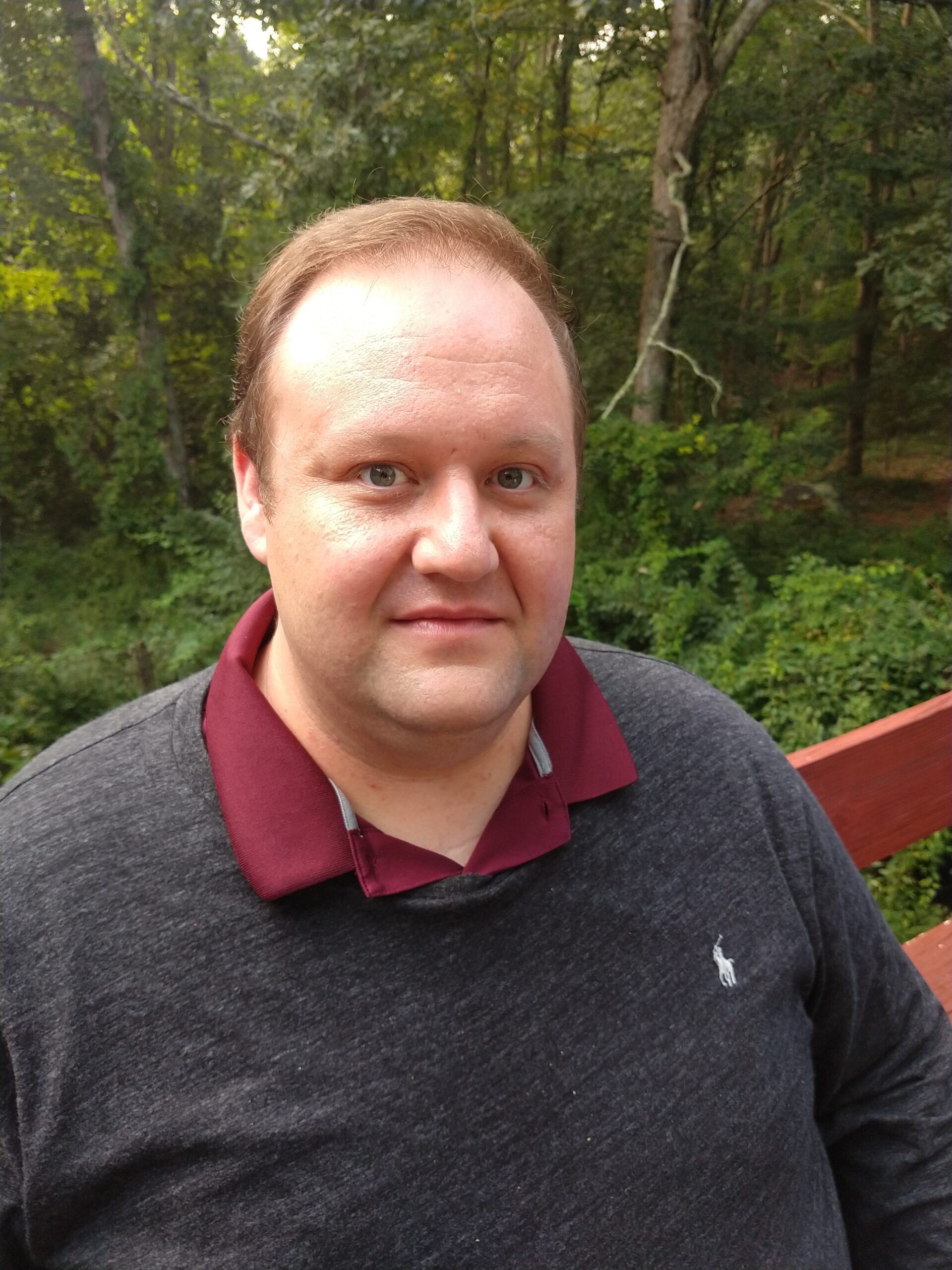Daniel Carrigg brings real-world experience to the classroom
Professor of political science, Dan Carrigg has devoted his career to address issues in poverty. PHOTO CREDIT: Dan Carrigg
Daniel Carrigg, a professor in the political science department, said he went to the University of Rhode Island as a student before joining the department in the Fall of 2021.
Carrigg said he went to URI for his bachelor’s degree in political science and German and his master’s degree in political science. Then, he went to Brown University for his Ph.D.
He also said that while getting his master’s degree at URI, he got a job at the Established Program to Stimulate Competitive Research program (EPSCoR).
While working on his doctorate, Carrigg said he did research at the University of Texas at Austin for less than a year. At UT Austin, he was writing about the war on poverty, specifically how organizations like the Supplemental Nutrition Assistance Program evolved.
According to snaptohealth.org, the foundation for SNAP was first built in 1933 as part of the Agricultural Adjustment Act (AAA) in the midst of the Great Depression, when prices for food fell drastically. Across America, people struggled to deal with the excess supply. To support farmers, the federal government bought basic farm commodities at discount prices and distributed them among hunger relief agencies in states and local communities.
“If you look at the war on poverty, which was Lyndon Baines Johnson Great Society’s project, their top line goals were to end poverty and racism in America,” Carrigg said.
Carrigg also said he wanted to research some of the lesser-known Great Society programs that aren’t expressly authorized in legislation and find out why Congress hasn’t backed them up. He found that all of these programs came out of the Economic Opportunity Act in 1964, but it’s not mentioned anywhere in the bill.
“I just spent a long time unearthing presidential papers, digitizing and reading them, figuring out what was what and telling the story,” Carrigg said.
Carrigg says that after getting his Ph.D., he was hired to work in shaping policy or drafting public policies, according to upf.edu. Once former President Barack Obama passed the American Recovery and Reinvestment Act of 2009, he was asked to write state energy grants because no other staff could do it.
“I eventually ended up working in energy because I was good at writing grants and we always got so many,” Carrigg said. “When someone came in asking for a grant, I’d help them manage their program.”
After a long time of working in energy grants, Carrigg states he came back to teach at URI because he loves Rhode Island. Before teaching at URI, he taught classes in South Bay, California and college classes at Roger Williams University.
Carrigg says his friend and roommate from URI in 2001-2002 got together to get a lease for eight acres for a seaweed farm in 2012.
“Recently, we finally got the permission to complete the farm starting in September-October and finishing in November-December,” Carrigg said. “We put down anchors and got lines out and now we’re growing food-grade sugar kelp.”
Carrigg said there are other kelp farms around New England. The most well-known is in Stonington, Connecticut, called Stonington Kelp Co. according to stoningtonkelpco.com. There are also a few in Rhode Island including Point Judith Kelp Company and Rhody Wild Sea Gardens, pointjudithkelp.com and rhodywildseagardens.com say.
“I have made Rhode Island my home, and I’m very happy to be back,” Carrigg said.

